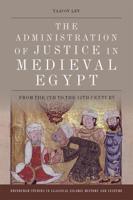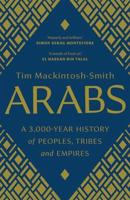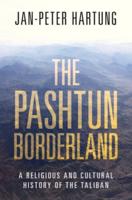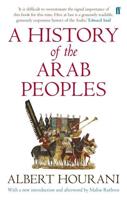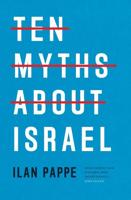Publisher's Synopsis
Critics point to Turkish Prime Minister Recep Tayyip Erdogan's ties to an Islamic Party; his domestic policies that challenge the historical safeguards for a secular government, including support for increased Islamic expression and stronger civilian control over the military; and his renewed relationships with old enemies in Iran and Syria as an indication Turkey is turning from a pro-West alliance. This Strategy Research Project argues that Turkey's contemporary geostrategic environment is analogous to that of post-WWII Vietnam, when U.S. leaders misinterpreted Ho Chi Minh ties to communism and failed to recognize his underlying motivations for a unified free Vietnam. Such recognition could have led to a U.S. alliance with Ho instead of a protracted war. U.S. leaders should accurately assess Turkey's motivations and new policies to avoid those same policy mistakes in U.S.-Turkish relations, where the stakes are equally high. To do so, U.S. leaders must first understand how Turkey's geostrategic position between Europe, Russia, and Middle East and Turkey's Ottoman Empire history have uniquely shaped Turkey's secular government and Cold War and post-Cold War posture.

